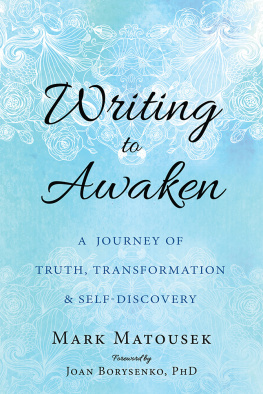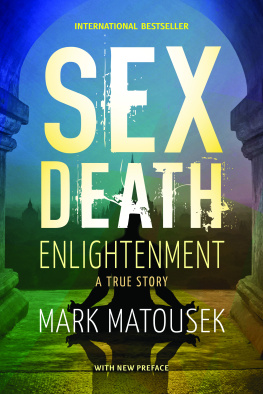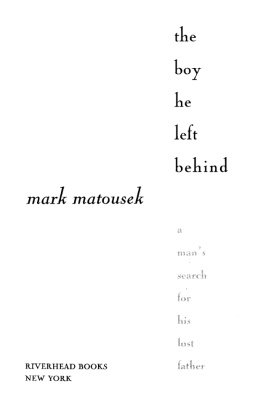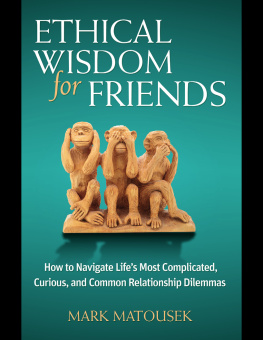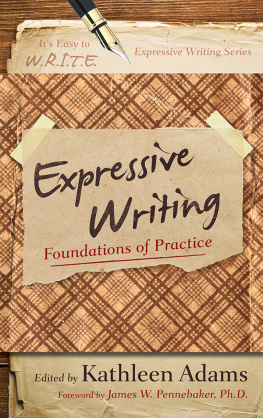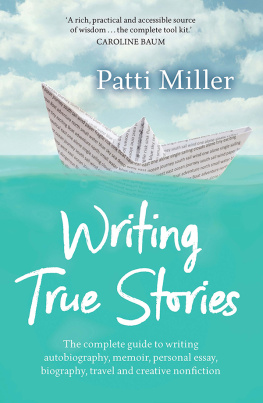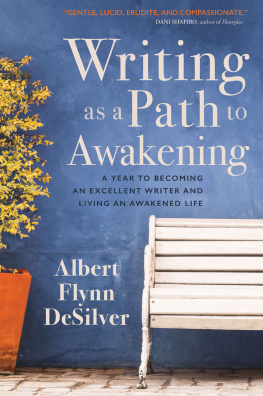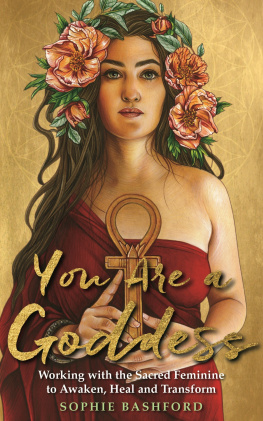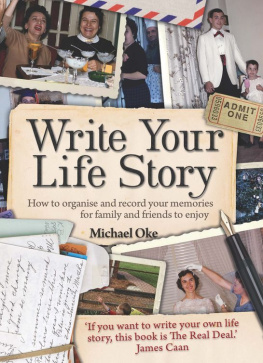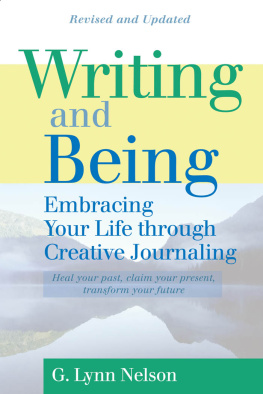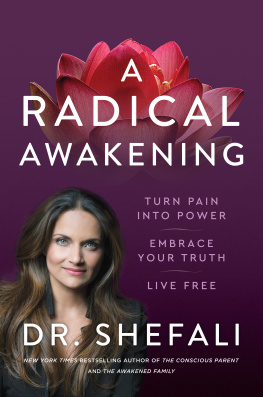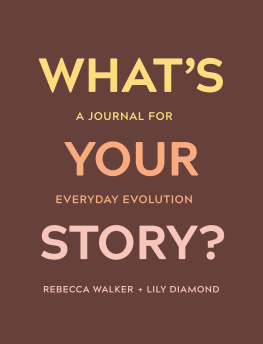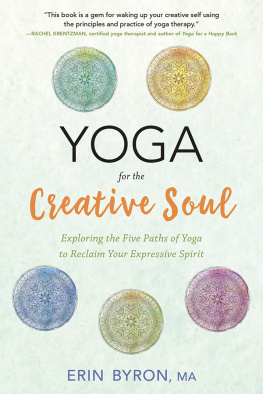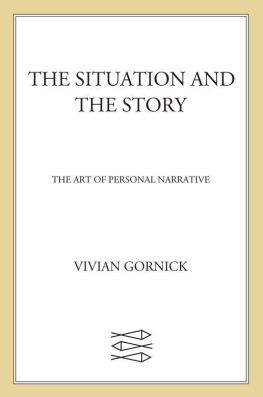
When you tell the truth, your story changes.
When your story changes, your life is transformed.
Contents
Mark Matouseks Writing to Awaken is a gift to the world. An engaging process of self-inquiry guided by just the right questions, it is perhaps the most effective of all spiritual practices. Since it bypasses dogma and doctrine, it is available to anyone who wants to heal, grow, and connect with their authentic self.
When I was a child and magic was afoot, the word abracadabra was synonymous with the power of manifestation. I could wave my magic wand over Doris the princess doll, or Boris the stuffed panda, and practically feel them come to life under the gravitas of the spell. Later in life, as a Harvard-trained scientist and researcher in the field of mind-body medicine, I discovered that abracadabra is more than magic-speak or a song by the Steve Miller Band. These Aramaic words mean, I will create as I speak.
Tell a story. Believe the story. And voil! It manifests in your cells, your brain, your heart, your behavior, and the choices you makeor dont. We embody our stories quite literally, as these days we have the brain scans and hormonal assays to prove it. Mark Matousek, who is a writer rather than a scientist, knows this as well. He sometimes refers to us humans as Homo Narransthe storytelling species. Stories slay and stories heal. Their transformative magic resides in our ability to identify them, learn from them, andwhen necessarychange them.
I have always loved stories, which explains in part why I became a psychologist as well as a scientist. Listening to a clients story is a sacred act. Each one is a distillation of fact and feeling, an elixir that can sometimes be a poison, and other times a medicine. The nursery rhyme claiming that sticks and stones can break my bones, but words can never hurt me, is way off target.
Words have the power to create our world. We have stories, but we are not our stories. A crisis often turns out to be an opportunity. When the light of awareness turns on through self-inquiry, a childhood belief may evaporate like dew in the sun. When the curtain of old beliefs is pulled back, we become like Dorothy in The Wizard of Oz. We can see past the smoke and mirrors, which enables us to take our own power back.
As Mark explains, we are always inventing ourselves through story. When we become conscious of that and are willing to write down our experiences truthfully, we can inquire deeply as both participant and observer. With even a tad of compassionate perspective, our inner and outer worlds will slowly, but surely, shift on their axes. We can finally become who we really are underneath all the layers of sediment that have accumulated in the course of our lifetime.
In the winter of 2016, Mark and I were both facilitating workshops at a retreat center in Nosara, Costa Rica. Not a bad gig in the middle of the winter. Marks program had the same title as this book, Writing to Awaken. In an interesting synchronicity, mine was called Writing Down the Light. Since we taught sessions on different days, I was able to attend some of Marks classes. They were masterful. He knows what questions to ask and why its important to ask them. Each writing prompt elicited a deep and thoughtful silence in the room, and within me. The only sound was pens on paper.
At mealtimes, stories of insight, pain, and wonder abounded. Yes, there is often pain involved in telling the truth. But its transient, as opposed to the pain of living a lifetime with beliefs and opinions about yourself and others that are much smaller than the majesty of our real, authentic selves. The final morning in Costa Rica, Mark and I officially met for the first time at the breakfast table. I felt unabashed hero worship. He is a real writer, I thought to myself breathlessly. My favorite memoir of all time is his book, Sex Death Enlightenment. It is raw and true, scalding and funny, transcendent and thought provoking. When we met over omelets and papaya, my story was that I was a scientist and a psychologist, but certainly not a real writer. While its true that I have written sixteen books, one of them a New York Times bestseller, I have always viewed my own writing as utilitarian. Its a means to an end, but certainly and unequivocally not real writing.
Perhaps you harbor the same unfounded myth about yourself. This is a book about writing. What if you cant do this? What if you fail? The truth is that you cant fail to develop insight and freedom when you actually sit down and work through the forty-eight lessons in this book, each one fascinating and masterfully crafted. No one is checking your work for syntax. There is no need to be clever or right. The only requirement is to tell the truth. As Mark says with an economy of words, the kind of words that distill years of spiritual practice: When you tell the truth, your story changes. When your story changes, your life is transformed.
Several of the books Ive written are also about spiritual practice. At different times in my life as a scientist, psychologist, mother, and lover, Ive been immersed in Jungian psychology, Buddhism, mystical Christianity, shamanism, kabbalistic Judaism, and various forms of meditation and ceremony. Each practice has revealed another facet of the sacred. But self-inquiry, which lies at the heart of the journey you are about to embark upon, has been the most transformativeand the most gentling. Perhaps the simplest and most profound definition of the sacred Ive ever read comes from this book: The sacred connects us to what is most tender, expansive, and loving in us. This is what awakening actually feels like.
Mark has given us a superb, experiential guide for the journey of a lifetime. Its with real and humble pleasure that I give you this little pep talk called a foreword. Read, write, and rejoice in the beauty of this amazing and mysterious gift of life.
Joan Borysenko, PhD
I started to write compulsively when I was in the second grade: journals filled with secret thoughts and shameful truths that I could tell no one. Many writers begin this way, turning inward as children to look for answers they cant find around them. These notebooks were my confessional, the place where I could reveal my true feelings and try to make sense of myself and the world.
I always felt better after I wrote. No matter how anxious, confused, or unsettled, my mind was clarified by writing. It was like flipping on a light in a darkened room; with words to describe what was blocking my way, suddenly I could see my way forward. Language helped me navigate my inner worldI no longer felt helpless or trapped. Afterward, I could reread what Id written and locate clues about who I was, what I was thinking, and why this person inside me was so drastically different from what others saw.
This difference came as a revelation. The voice pouring out of me onto the page, separating truth from lies, was my fearless and natural self. This self was hidden behind a mask, a fictional story that I called me. This mask wasnt me by a long shot, however. Writing freely, without disguise, the gap between the mask and truthbetween story and selfbecame glaringly obvious. Odd as this disconnect was at first, I realized that it was the gateway to freedom. Through it, a message emerged loud and clear: I am not my story. This life-changing truth has defined my work as a memoirist, teacher, and spiritual seeker over the course of thirty years.
What does it mean to say I am not my story? Students ask me this all the time. Are you saying that what happened to me didnt happen? Of course not. Are you calling me a liar, like Im making these things up? Not at all. What Im acknowledgingalong with a vast majority of psychologists, physicists, and spiritual teachersis that what we believe to be real is not reality. The mind creates stories out of things that happen and composes a character they happen to. We then take these false stories for fact and live as if they are the actual truth.
Next page
